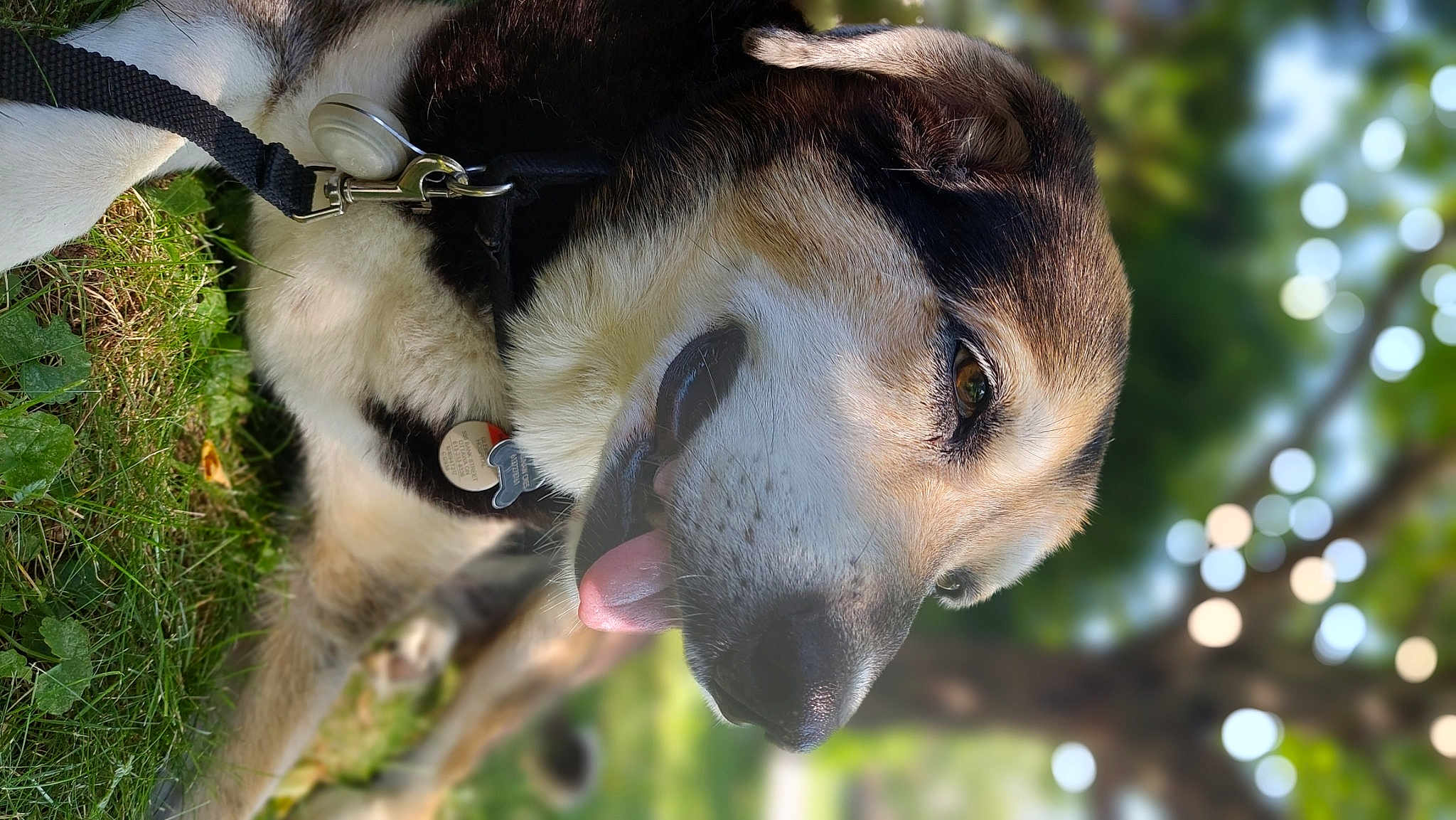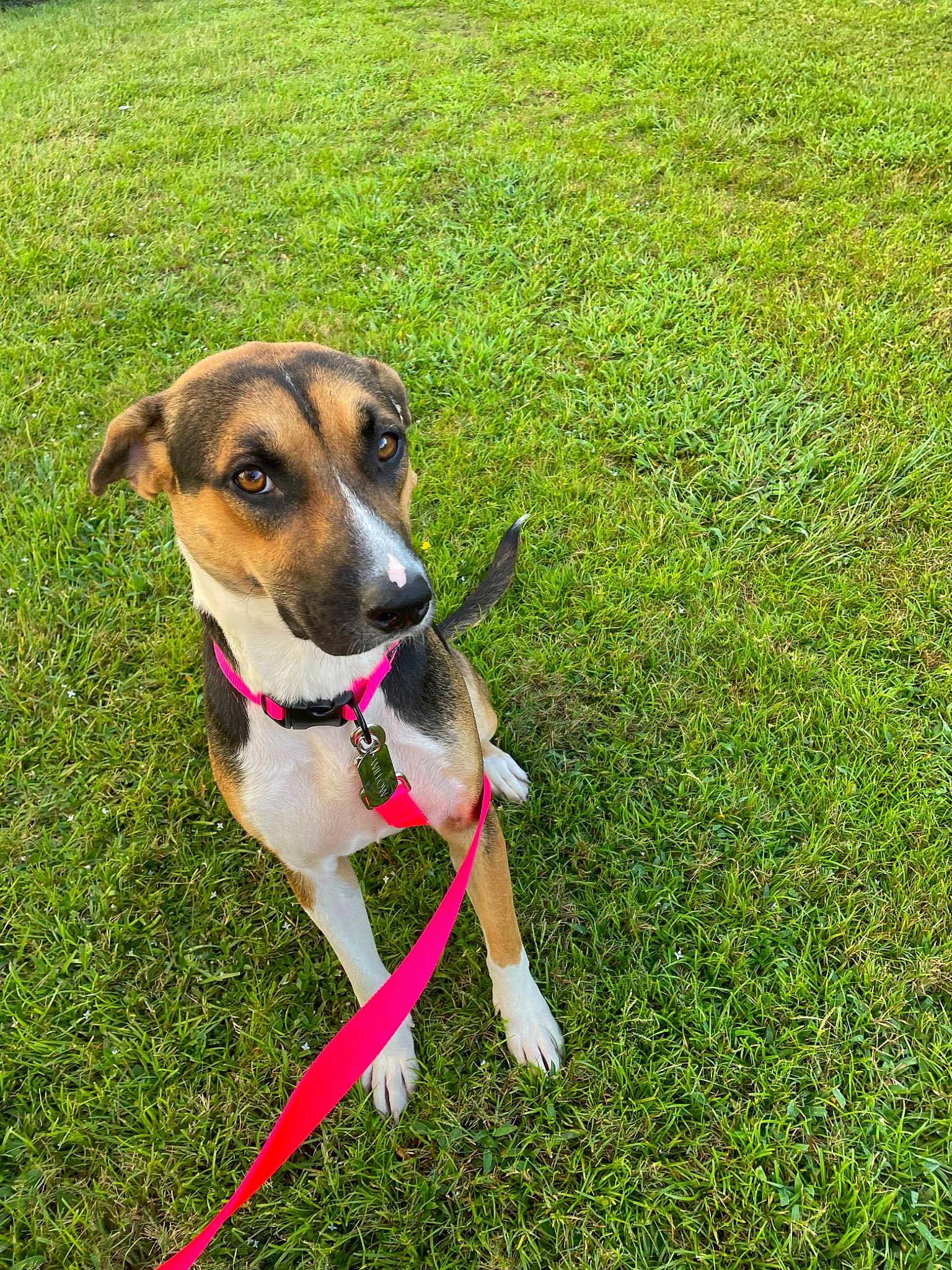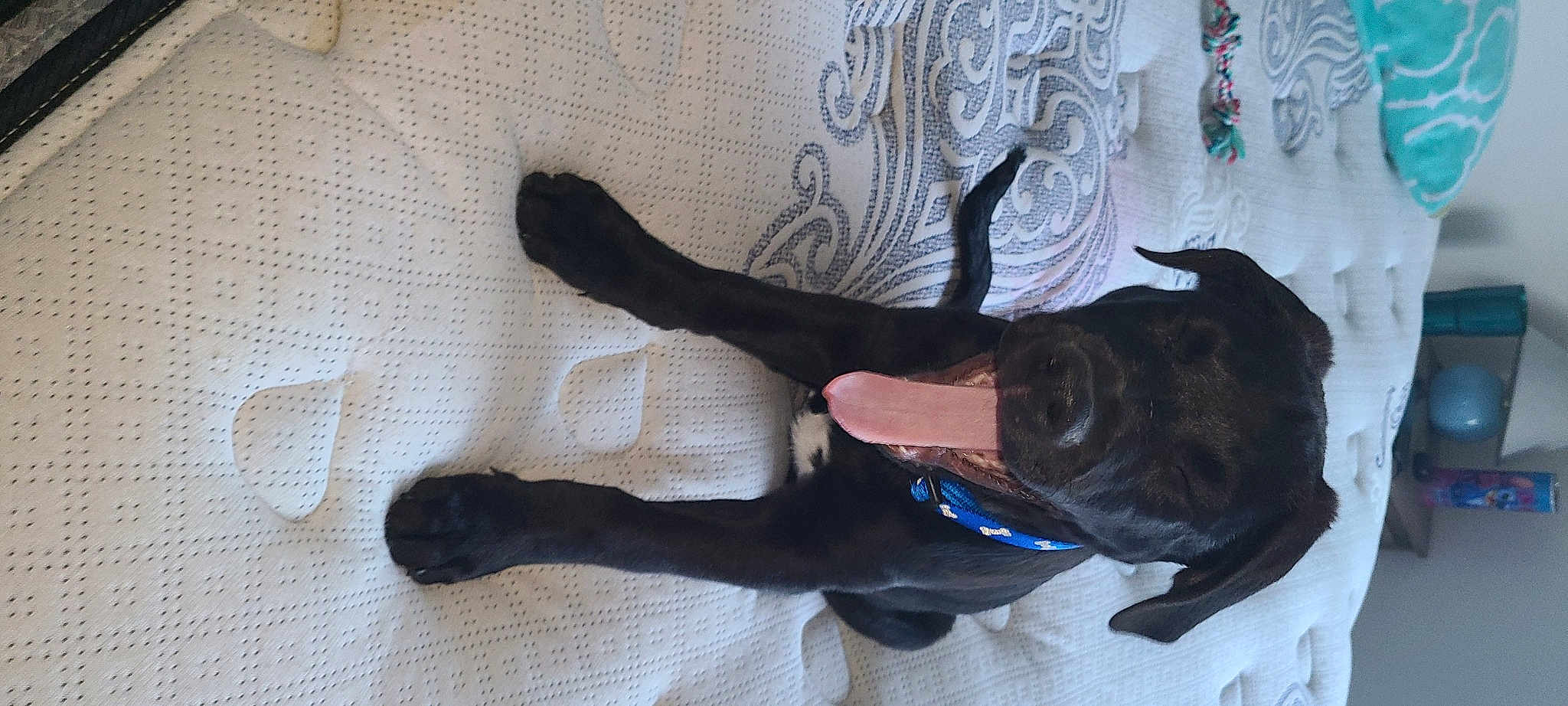"A Harrier hunting dog is a necessity in every chasse."
Personality and Behavior of the Harrier
The Harrier is an energetic, playful, and determined breed that is both friendly and fearless. Known for their resilience and perseverance, Harriers are often described as the smaller, more compact cousin of the English Foxhound. Their tireless nature makes them excellent companions for families who enjoy outdoor activities and have plenty of space for these dogs to roam.
Harriers are typically good-natured and sociable, getting along well with children and other pets, especially if they are raised together from a young age. Their pack-oriented disposition can make them a delightful addition to multi-dog households. However, their strong prey drive and sense of adventure may lead them to wander, so secure fencing and supervised outdoor time are essential.
Despite their hunting lineage, Harriers are affectionate dogs that form strong bonds with their human companions. They thrive on interaction and can become easily bored if left alone for extended periods. This can lead to destructive behavior, so it's crucial to provide them with both mental and physical stimulation.
"Unlike some breeds, Harriers maintain a puppy-like curiosity and playfulness well into their adult years, contributing to their charm but also necessitating consistent training and engagement."
Meanings, History and Origins of the name Harrier
The name "Harrier" has historical roots tied to the breed's original purpose and prowess in the field. Derived from the term "hare," Harriers were bred for their exceptional ability to hunt hares by scent. This lineage dates back to medieval England, where they were highly valued for their hunting skills.
The breed's name encapsulates its heritage and functionality, directly referencing its primary role. Throughout history, these dogs were integral to the pastime of hare coursing and hunting, where their keen sense of smell and endurance made them indispensable to hunters.
Harriers are believed to be one of the oldest scent hound breeds, tracing their ancestry back to crossbreeds between Bloodhounds, Foxhounds, and possibly Greyhounds. This blend of genetics endowed the Harrier with a robust frame, a powerful nose, and remarkable speed, all traits celebrated by enthusiasts.
In addition to their hunting accolades, Harriers have also left their mark in different cultures and communities. Their name, straightforward yet evocative, reflects the breed’s enduring reputation and the respect they garner among dog aficionados globally.
Popularity of the Harrier
Harriers might not be as universally recognized as some of their canine counterparts, but they enjoy a dedicated following among certain circles, particularly those invested in hunting and field trials. Their utility in these activities has preserved their visibility and appreciation among enthusiasts.
In English-speaking countries, Harriers have garnered a moderate level of popularity. They are particularly cherished in the UK for their historical contributions to hunting culture. In the United States, however, Harriers are considered a relatively rare breed, ranking lower on the popularity scale compared to more mainstream breeds.
Globally, the Harrier's presence varies. While relatively common in hunting communities across Europe, they are less seen in urban settings where smaller or less energetic breeds are favored. However, in countries with a rich tradition of scent hound usage, their expertise is still highly prized.
The breed’s steady but niche presence underscores its specialization and the enduring regard held by those within the hunting and field training domains.
Health and Care of the Harrier
Like all breeds, Harriers are predisposed to certain health issues. Common concerns include hip dysplasia, ear infections, and hypothyroidism. Because they are active dogs, maintaining proper joint health through a balanced diet and regular exercise is crucial. Regular vet visits and preventive care can help manage or prevent these conditions.
Harriers require a diet that supports their high energy levels. Feeds formulated for active breeds or working dogs are often suitable. Owners should monitor their dog’s weight and adjust food intake based on activity levels to avoid obesity, which can exacerbate health issues like joint problems.
Proper grooming and hygiene are also imperative. Harriers have a short, dense coat that sheds moderately. Weekly brushing can help maintain their coat's health and reduce shedding. Due to their activity levels, frequent ear inspections are necessary to prevent infections, especially if they swim often or have a penchant for exploring.
Regular exercise is another cornerstone of a Harrier’s care regimen. These dogs need ample opportunities for physical activity to stay both healthy and content. Daily walks, playtime in secure areas, and engaging activities like scent trails can significantly contribute to their wellbeing.
Training and Education of the Harrier
Training a Harrier can be both rewarding and challenging. Their intelligence and eagerness to please can facilitate the training process, but their independent streak and strong prey drive may present hurdles. Consistent, patient training using positive reinforcement techniques is effective.
Socialization from a young age is key to ensuring a well-rounded Harrier. Exposure to various environments, people, and other animals can mitigate behavioral issues and enhance their adaptability. Given their pack-oriented nature, early and ongoing socialization helps them develop into amicable adults.
One common challenge is their inclination to follow their nose, which can lead to distractions during training sessions. Keeping training varied and interesting can hold their attention. Incorporating games that engage their scenting instincts can also be beneficial.
Obedience training is essential to cultivate control and good manners. Teaching commands like "stay," "come," and "leave it" can help manage their impulses. Encouraging mental exercise through puzzle toys and interactive play can also help curb any boredom-related behaviors.
...
Choosing the right dog breed involves considering numerous factors such as lifestyle, space availability, and personal preferences. For those who lead an active lifestyle and appreciate a dog with a blend of hunting heritage and friendly demeanor, the Harrier can be an ideal choice.
Indeed, the journey of selecting the perfect breed is as significant as the bond formed thereafter. At KingPet, we have the pleasure of seeing many Harriers featured in our photo contests, showcasing their vibrant personality and irresistible charm. Choosing a Harrier means welcoming a dog that is not only historically rich but also an energetic and affectionate companion.










